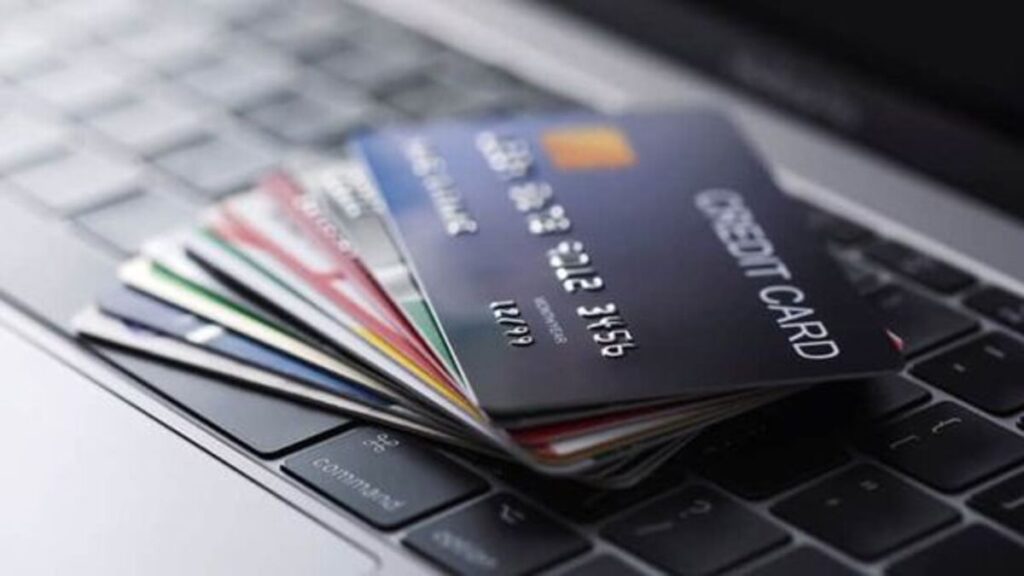
Imagine your child growing up and getting their first credit card, only to discover that the child’s credit card is in debt. This is what often happens when a child is a victim of credit theft, as thieves steal their identities and take out multiple loans in their names.
However, this can be prevented by being a proactive parent when you lock your child’s credit early in life.
Why Should Parents Consider Locking Their Child’s Credit Early in Life?
Protecting your children can come in many different ways. However, while parents try to look out for their kids in obvious ways, they sometimes forget some equally important but less pronounced ones. One huge example is paying attention to their child’s credit. Many parents are unaware that they need to protect their children’s credit from people who would want to steal it.

Hackers and scammers often access the Social Security numbers of younger children, taking their identities and credit to make purchases and take out loans. Therefore, parents need to be very vigilant and safeguard their children’s cyber identities to prevent future problems. Locking your child’s credit might be a lengthy process, but it is a good way to secure their future and protect them from future harm.
What Is a Child’s Credit?
Your child’s credit is the same as regular credit, which takes into account a person’s past and present financial liabilities, including, but not limited to, personal loans, credit card debt, home loans, car loans, and various lines of credit. Think of this as a sort of financial report card where people can have good or bad standings.

While children do not take loans and usually depend on their parents, their social security numbers can be stolen and used for many illegal purposes if their parents do not take the necessary precautions.
ALSO READ: Experts Say You’re “Good” Once You Hit This Credit Score
The Long-Term Effects of Credit Theft on Children
When an adult’s credit is stolen, it is noticed quickly and can be reported and handled quickly. However, the same is not the case for children’s credit theft. According to Kim Cole, the community engagement manager at Navicore Solutions, the impact of credit theft on children is usually greater. This is because “It can take years to get wind of a problem, and meanwhile, the damage can continue to grow.”

Credit theft for children, mostly the youngest ones, is harder to combat as people do not usually notice this early enough. When they grow up and want to apply for their first loan or student loans, that is when most people realize that they are victims of credit theft. According to data from the Federal Trade Commission, this is a growing problem in the country.
How Can You Lock Your Child’s Credit?
Locking your child’s credit is a long but beneficial process. To do this, a parent has to contact each of the three major credit bureaus in the U.S., namely TransUnion, Equifax, and Experian. The parent would provide the bureaus with the child’s Social Security card, birth certificate, parent identification, and proof of their address. Then, the bureau would create a credit report for the child and lock it immediately.

This way, loans and credit cards cannot be issued using the child’s details and personal information. Without a go-ahead from either the parent or the child, the freeze will remain in place until requested otherwise. Therefore, locking your child’s credit automatically helps protect your child from thieves who can put your child in unknown debt. Before locking your child’s credit, check to see if there is a pre-existing credit report or if there is already an IRS child tax credit attached to the account.
How Can Parents Help Their Child Get Started With Credit?
A legal parent should have no trouble helping their child build good card credit. A parent can also add their child as an authorized user on their credit card as long as the child’s credit requirements are met. This differs greatly for every credit company, and it is essential to find out what your bank’s requirements are. Sometimes, adding your child as an authorized user on your own credit card will reflect in their credit card report.

This means that transactions, payment history, balance, and account status may also appear on your child’s report. Therefore, to ensure your child’s credit report is good, you must ensure yours is, too. Late payments or debts could directly affect your child’s credit in the future. So, make sure you help your child build good credit before college.
ALSO READ: Harris Advocates for Expanded Child Tax Credit of Up to $6,000 for Families with Newborns
At What Age Should You Start Building Your Child’s Credit?
People often ask what age kids can get credit cards in the U.S. According to federal law, even a minor cannot get a credit card. Even those who have turned 18 cannot get credit cards independently unless they can prove that they have an independent income, allowance, or a co-signer to stand in for them.

This rule applies until every citizen turns 21. After this, they can get their own credit cards but still need to prove their good income standing. Their parents can also set a child’s credit limit in some cases. On the other hand, there is no age limit for adding your child to your tax report. Even a toddler can be added as an authorized user to your account, but you cannot open a credit card in their name while they are still underage.
You Might Also Like:
British Tech Entrepreneur Mike Lynch and Morgan Stanley’s Bloomer Rescued from Yacht Wreckage
At 42, He Sold His Startup for $1.3 Billion—It All Began with a $17,500 Camera He Couldn’t Afford
Fed Chair Powell Signals Upcoming Interest Rate Cuts: ‘The Time Has Come for Policy to Adjust’

